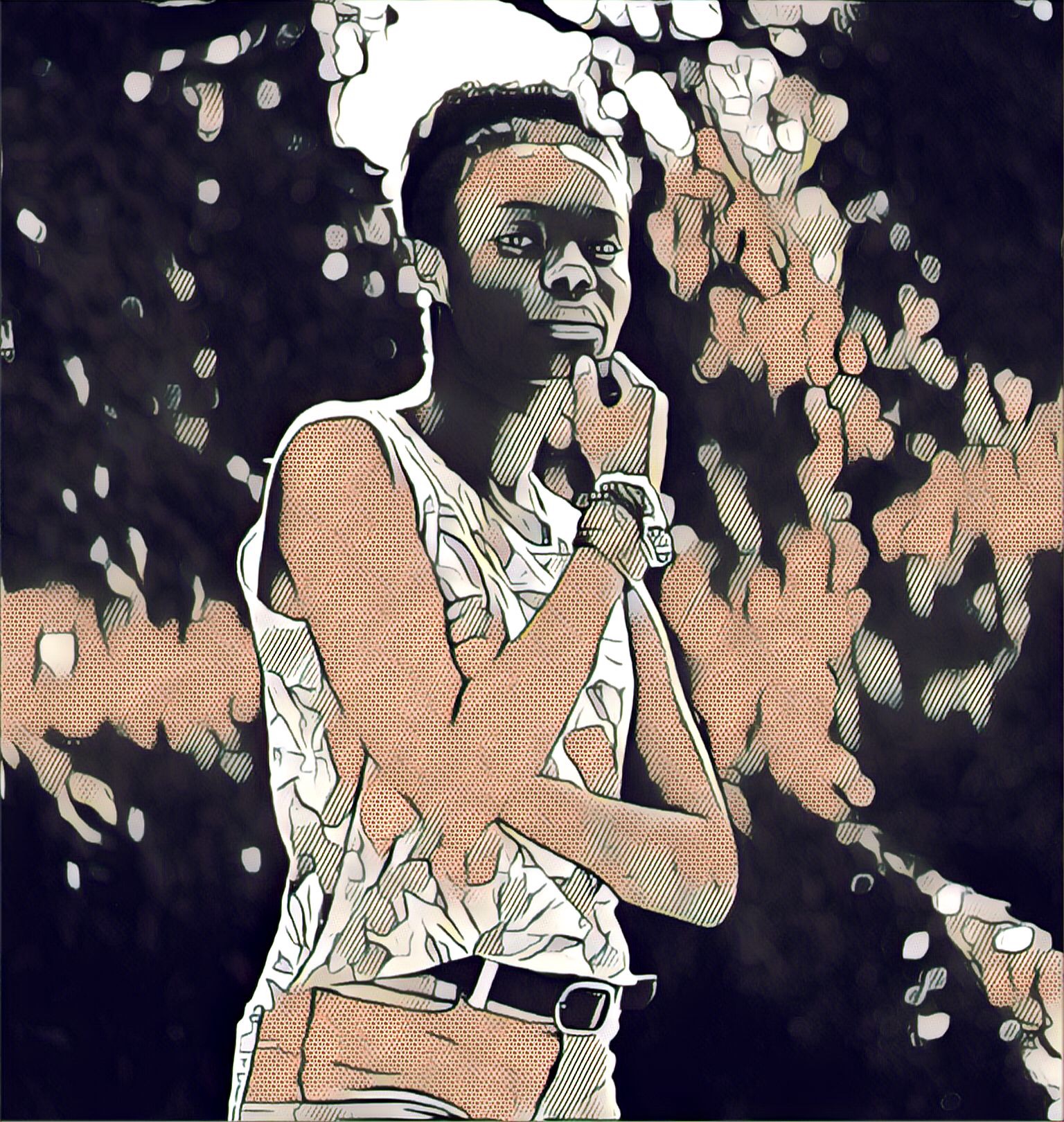In this blog for The Leak, Robyn Webb imagines a world where men have periods – and how easy it could be if we took menstruators seriously and treated periods as just a part of life.
Steve felt wet as he climbed out of bed and confirmed it was his period by the red of the shower water as it slipped down the drain. He was expecting it. Time for a couple of days of no expectations from work, rugby and the rest, if he wanted it.
He was happy. He had been working full 5-day weeks for over a month and needed some time-out. Of course, he could work if he wanted – it wasn’t as if he had to hide it. The period-care seats with infrared heat and back supports were well-used by the guys at least one day every month. The women at work wanted them as well, but they were for period use only.
This time he wanted the break. His cramps and crippling PMDD had been dealt with when he was a teenager, but his body and mind needed to rest. At his computer, he turned his status to the Red Blood Drop (RBD), which would stay for 4 days, and then he headed to the kitchen for a period-support protein shake.
He respected the rhythms of work and rest as he was taught; he listened, felt and went with them. He learned to build his focus and strength and start initiatives in the first part of his cycle, and then in the second part, use his endurance for the momentum to complete. Like climbing a hill and coming down the other side.
But now he was happy to take a couple of days to meditate and re-centre himself and knew from experience he would reap the benefits – physically, mentally and spiritually. He always enjoyed coming to work and training after those days, being recharged and full of new ideas and energy. It was like moving with the tides of the sea, and moving in sync with others who moved with their own rhythm.
He was diagnosed with endometriosis when he was thirteen in a routine medical scan. The keyhole surgery was quick and easy, and what could have been a painful pattern to his menses had been nipped in the bud. He remembered when he was 17 and living on cheeseburgers and fries, his cycle became erratic and painful; cramps and blood clots that he won’t forget. Then he put in place the menstrual education from his school days, swapping his diet for lean protein and a pile of fresh veges every day for a start, and in his case his body responded quickly, luckily. After all, days of monthly pain. What could be worse?
Some years ago there was been a campaign to mandate doctors to stop the bleeding altogether, but opposition was strong. Steve got it – no blood, no life. It was just a natural rhythmic part of who he was. He was relieved and proud when his period came every month, his blood reminding him that he was a healthy and strong man.
Steve had been to a menstrual temple on a trip overseas recently. Only menstruating men were allowed into the most sacred part, to allow for the collection of blood, which was then returned to the earth. The monks respectfully folded it back into the soil while they recited sacred prayers about the greater cycles of life and death. He wondered what they would think of all the blood flowing through in the sewerage systems here.
Steve saw the difference with women, and how they had to function in the absence of a menstrual cycle. Not having the peaks of power and endurance, reflection and inspiration, and having to perform in a world that valued those, meant they could never use cyclic rhythms to rise to their best performance, and rest and revive at the optimum time for that. It was always consistent for them, always the same. He wondered if that made life kind of boring or if women did experience cycles in some way, because the world was, after all, organised around monthly hormonal cycles. They must mustn’t they?
But there was no data to say if they did or not, as all medical research seemed to assume that everyone pretty much did, and that with women it’s simply a missing part of their being. It didn’t sound right to him, but there was no evidence to say otherwise, and not even any funding to ask the question in the first place. After all the physiology for which there was no understanding, and that the world didn’t acknowledge, wouldn’t be a good finding.
Setting his musing aside Steve finished dressing and put on his coat and woollen hat and scarf for a stroll along his favourite bush track, grateful for his time of monthly regeneration.

Robyn Webb
Robyn Webb has had a life-long passion for equity for all people.
She combines her knowledge from history and travel with her working experience across government, not for profits, SMEs and corporates, to bring innovative and inclusive thinking to solving societal problems, mostly related to the disparity between genders.
Today, Robyn has roles across business and technology advisory as well as her commitment to Australian women to live life without gender-based prejudice, and to have access to what they need to build and create lives they choose.


